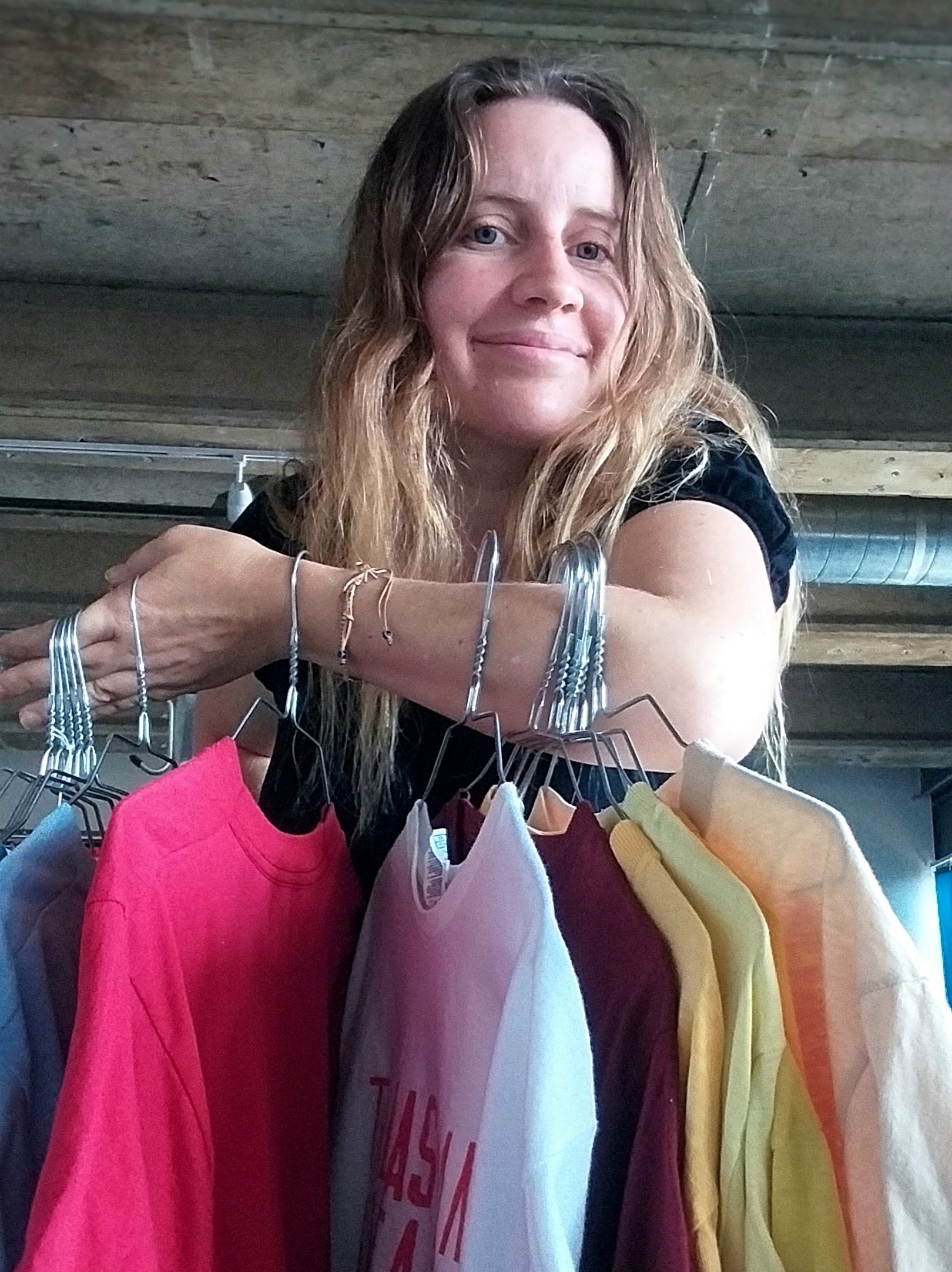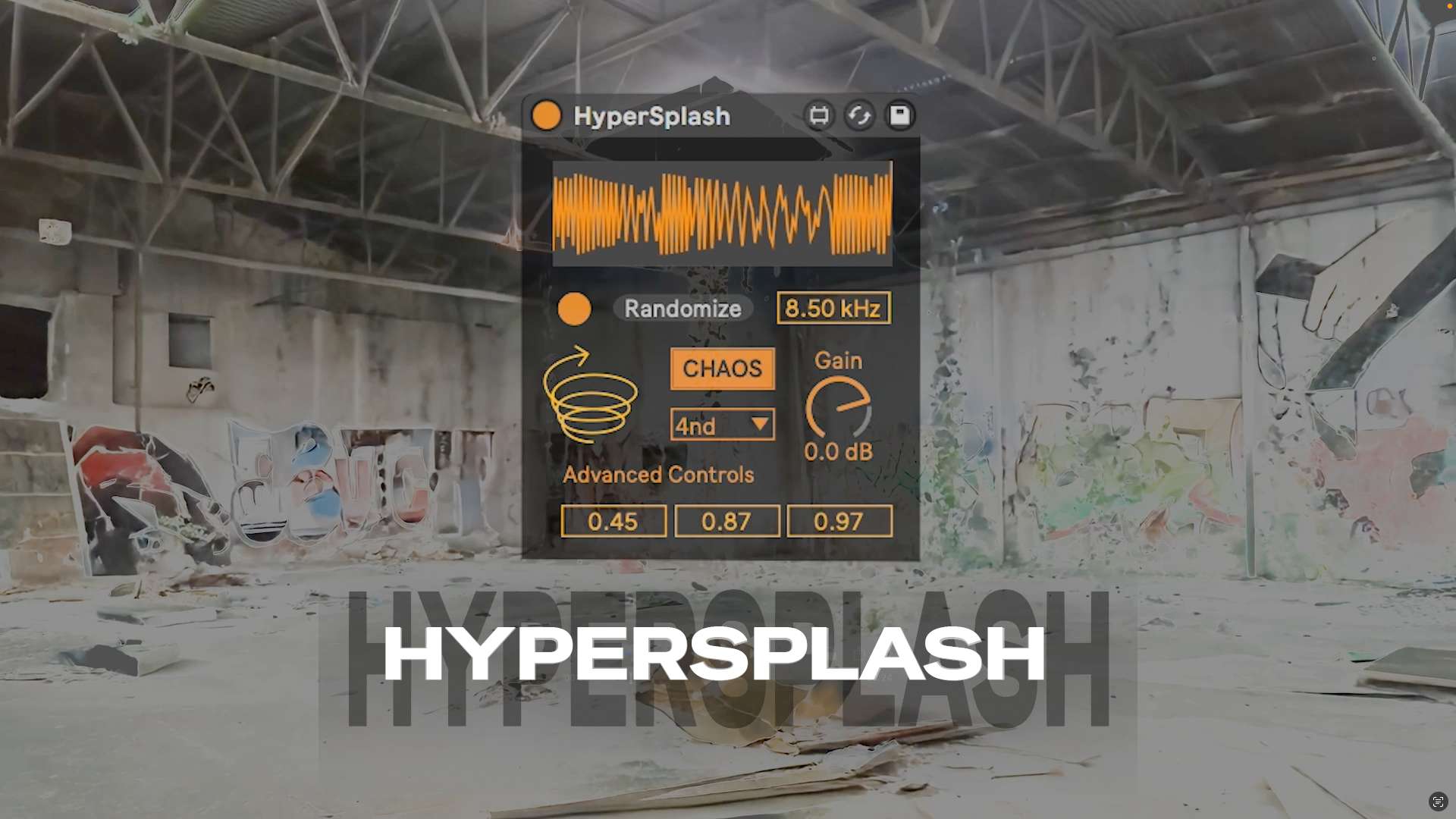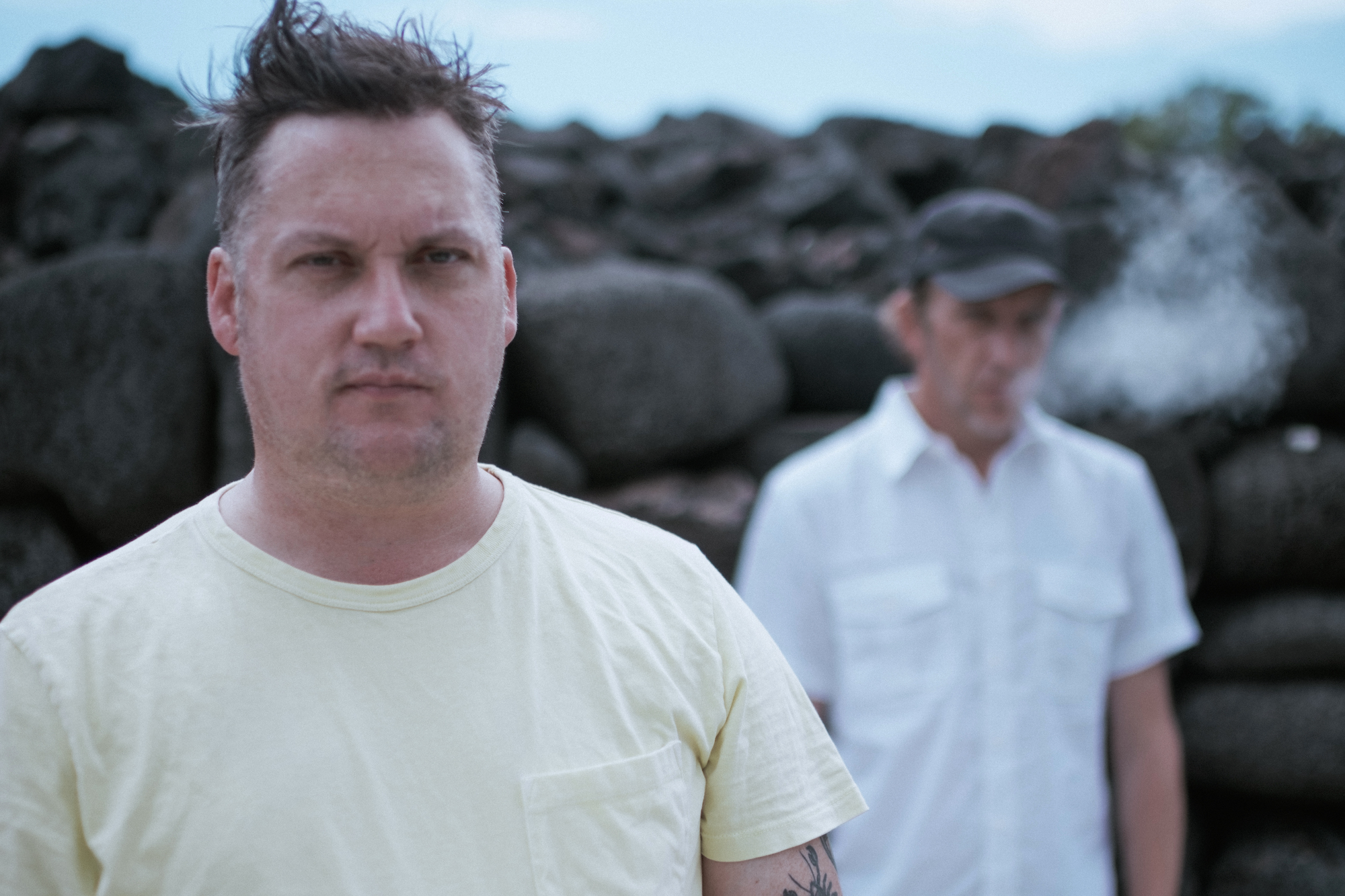Writer-Director-Actor Ramy Youssef Delivers Essential Screenwriting Advice
The world of screenwriting covers both film and television, but I often find a lot of the same advice bleeds over. When you boil it down, it's all about great characters, interesting worlds, and a reason to stay in front of the screen to keep watching. While looking for some inspiration to crack my latest TV pilot, I stumbled upon this video, hosted by our very own Jo Light, where she talks to Ramy Youssef about his best screenwriting advice.Let's dive in. Ramy Youssef Delivers Essential Screenwriting AdviceI love listening to a professional give advice because there's always a calming nature in the way they approach story and storytelling. Ramy Youssef is no different. And with his multi-hyphenate status as a stand-up comedian, actor, writer, director, and producer, I felt like his advice took on writing from all angles. Let's pick apart the top five things Youssef talked about in this video. 1. Building Your IdeaThere's no single formula! Youssef's process is flexible. Sometimes, ideas start as concepts tested during stand-up comedy routines. That's why it pays to test different things out for different mediums and go from there. Other times, like in a writer's room, it's a collaborative effort, brainstorming with a team to flesh out characters and the problems they face.2. Writing for Animation vs. Live-ActionI think it's cool Yussef switches mediums so easily. Animation offers unique freedom. It can allow for specific comedic moments rather than complex character arcs, which might be more the focus in live action. But no matter what, they'll all be rewritten in a similar process. With people tossing out jokes and certain beats in the room. And when you cast, more changes come based on performances. 3. Developing Characters with ActorsSometimes you can't really develop a character until the actor steps in and shows you what you've got. You can craft off them or their particular experiences. 4. Balancing Comedy and PoliticsA lot of times, you're going to write something with an agenda in mind, or a point of view you want to take. But you can't let politics overshadow the human story. Focus on universal character issues – financial worries, relationship troubles, insecurities – and then weave in the deeper themes. 5. The Storytelling HierarchyAnother big takeaway for me in this video was the idea of establishing a clear hierarchy in your writing. Maybe for you, it's character-driven stories coming first. Once that foundation is strong, you can layer in comedic or political elements effectively. you can take other themes into account. Or you can add a bunch of jokes around it. Summing It All Up Ramy Youssef's advice was great. The list of priorities and balance of character and story stood out to me the most. Those are things I'm going to try with my own projects, and I feel like they will help me organize my thoughts better. Let me know what you think in the comments.


The world of screenwriting covers both film and television, but I often find a lot of the same advice bleeds over. When you boil it down, it's all about great characters, interesting worlds, and a reason to stay in front of the screen to keep watching.
While looking for some inspiration to crack my latest TV pilot, I stumbled upon this video, hosted by our very own Jo Light, where she talks to Ramy Youssef about his best screenwriting advice.
Let's dive in.
Ramy Youssef Delivers Essential Screenwriting Advice
I love listening to a professional give advice because there's always a calming nature in the way they approach story and storytelling.
Ramy Youssef is no different. And with his multi-hyphenate status as a stand-up comedian, actor, writer, director, and producer, I felt like his advice took on writing from all angles.
Let's pick apart the top five things Youssef talked about in this video.
1. Building Your Idea
There's no single formula! Youssef's process is flexible. Sometimes, ideas start as concepts tested during stand-up comedy routines.
That's why it pays to test different things out for different mediums and go from there. Other times, like in a writer's room, it's a collaborative effort, brainstorming with a team to flesh out characters and the problems they face.
2. Writing for Animation vs. Live-Action
I think it's cool Yussef switches mediums so easily. Animation offers unique freedom. It can allow for specific comedic moments rather than complex character arcs, which might be more the focus in live action.
But no matter what, they'll all be rewritten in a similar process. With people tossing out jokes and certain beats in the room. And when you cast, more changes come based on performances.
3. Developing Characters with Actors
Sometimes you can't really develop a character until the actor steps in and shows you what you've got. You can craft off them or their particular experiences.
4. Balancing Comedy and Politics
A lot of times, you're going to write something with an agenda in mind, or a point of view you want to take. But you can't let politics overshadow the human story.
Focus on universal character issues – financial worries, relationship troubles, insecurities – and then weave in the deeper themes.
5. The Storytelling Hierarchy
Another big takeaway for me in this video was the idea of establishing a clear hierarchy in your writing. Maybe for you, it's character-driven stories coming first.
Once that foundation is strong, you can layer in comedic or political elements effectively. you can take other themes into account. Or you can add a bunch of jokes around it.
Summing It All Up
Ramy Youssef's advice was great. The list of priorities and balance of character and story stood out to me the most. Those are things I'm going to try with my own projects, and I feel like they will help me organize my thoughts better.
Let me know what you think in the comments.


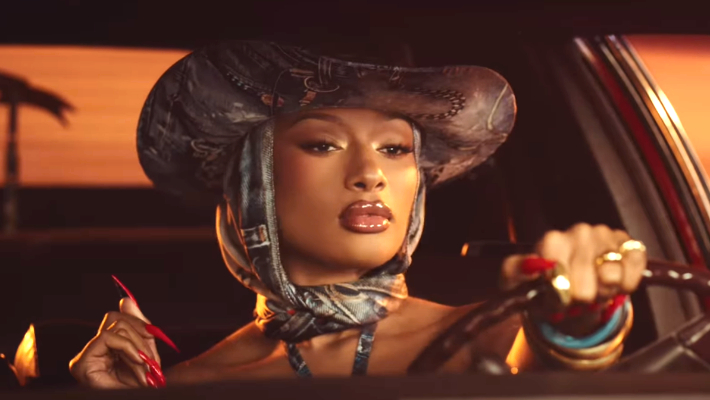

![‘Thorns’ – ‘Hellraiser’ Inspired Horror Movie Starring Doug Bradley Releases in May [Trailer]](https://bloody-disgusting.com/wp-content/uploads/2023/04/thorns.jpg)















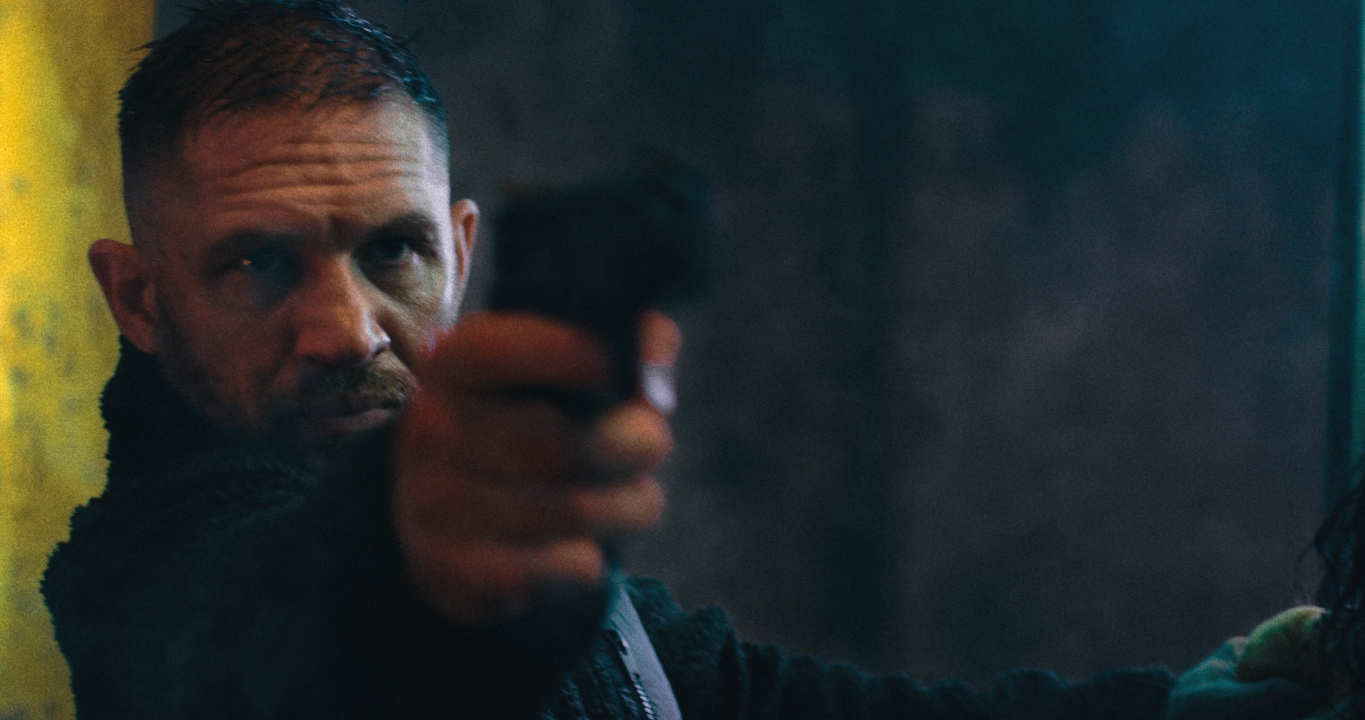

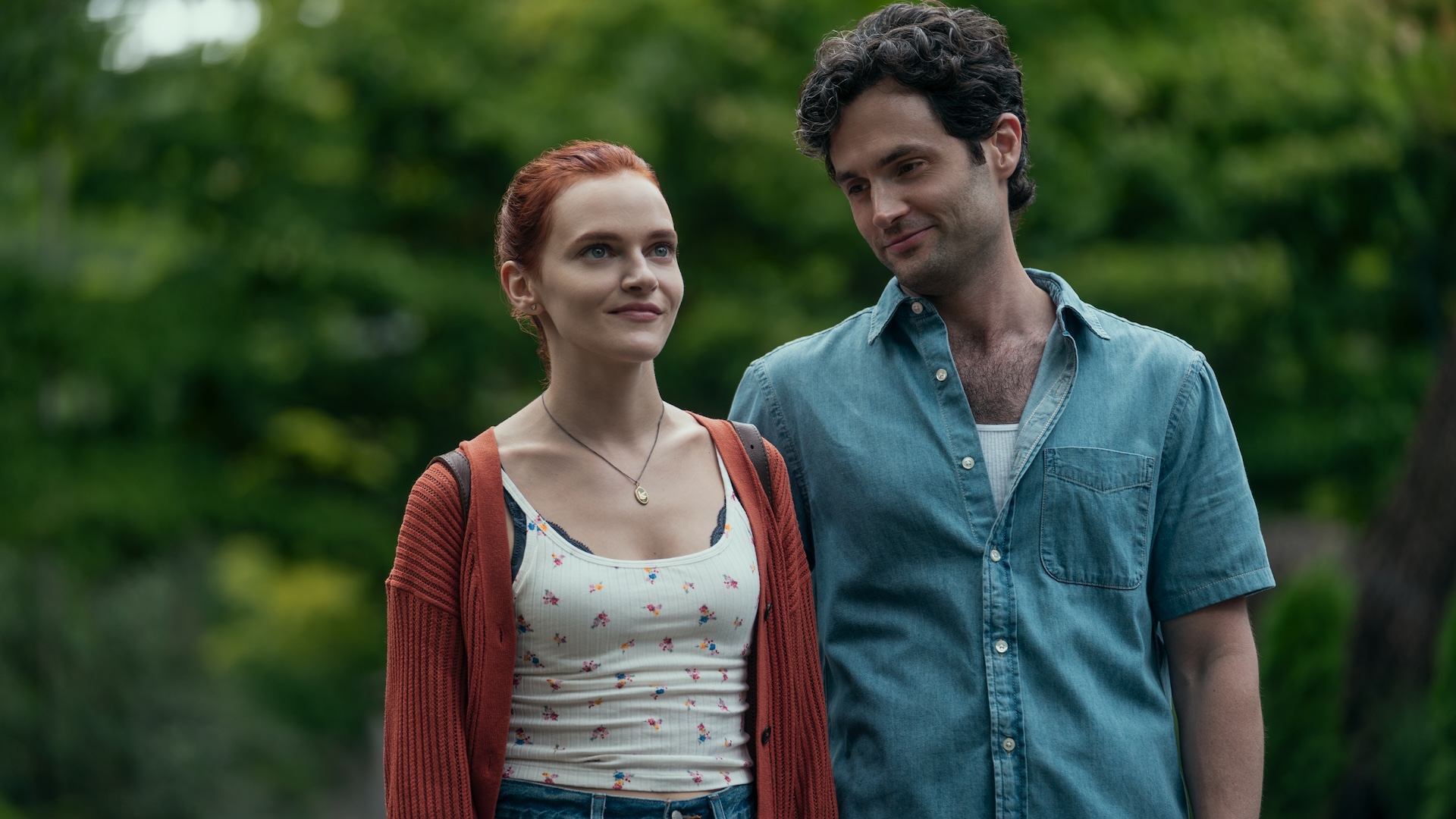




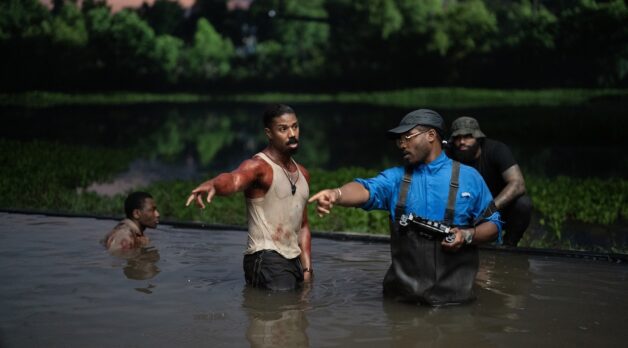

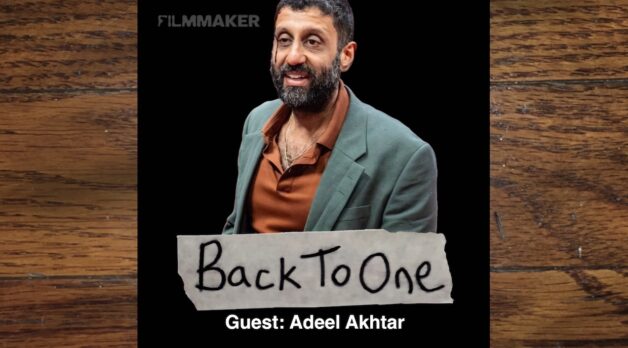










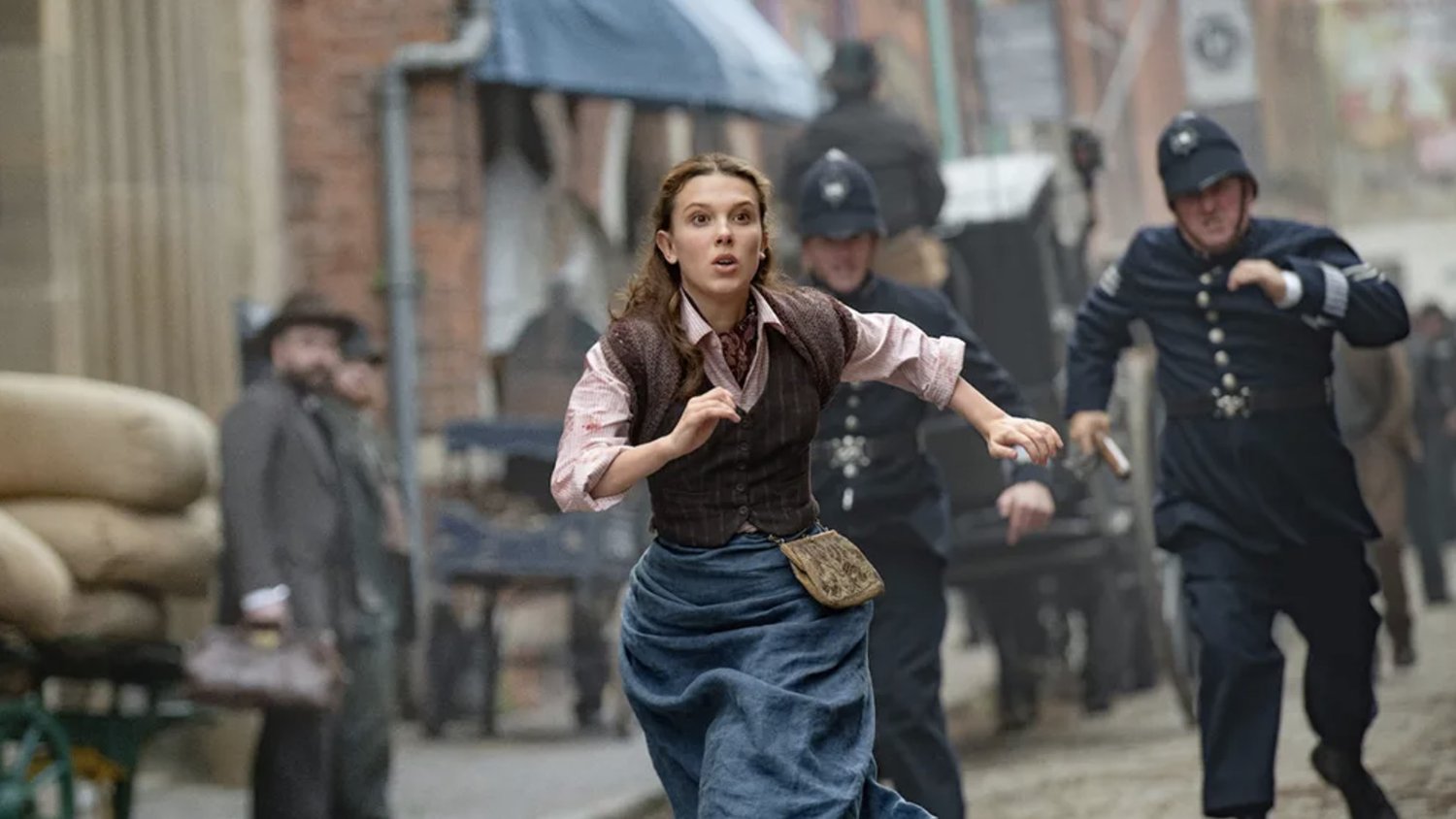













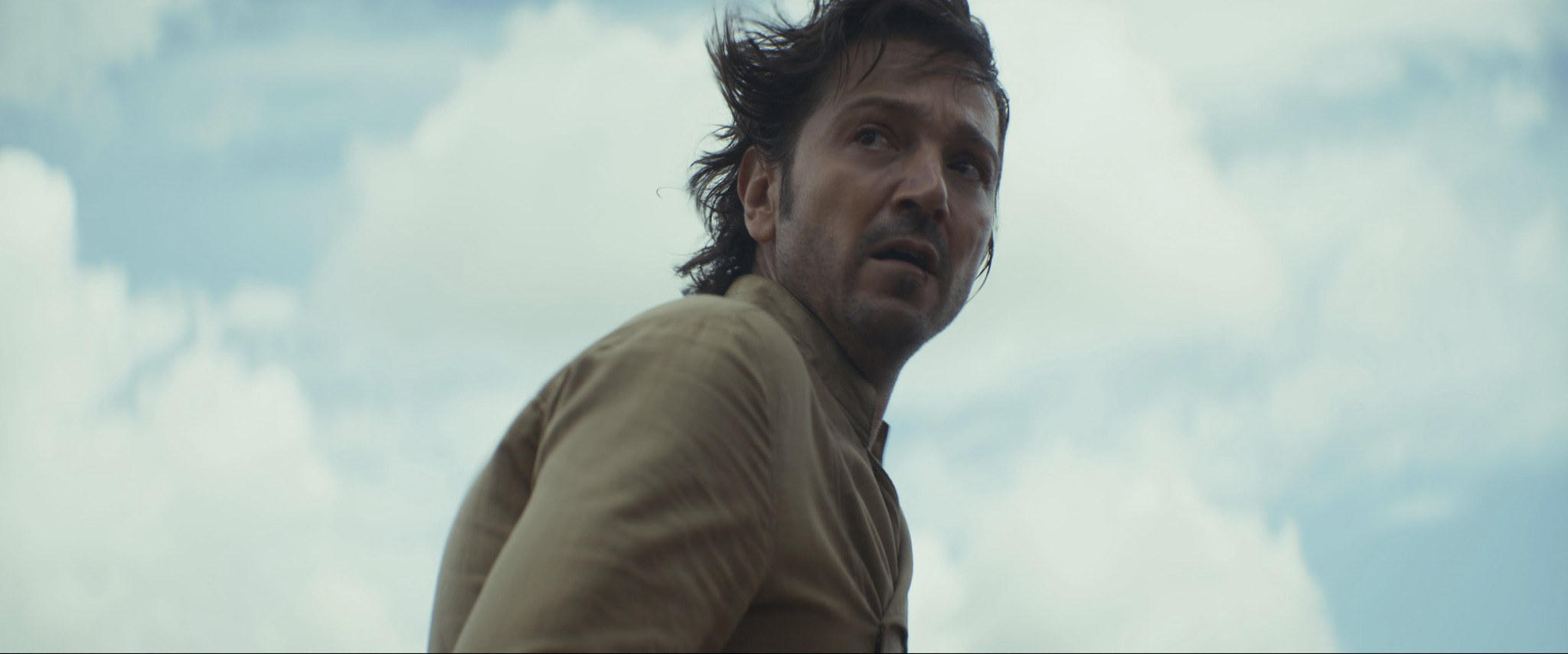












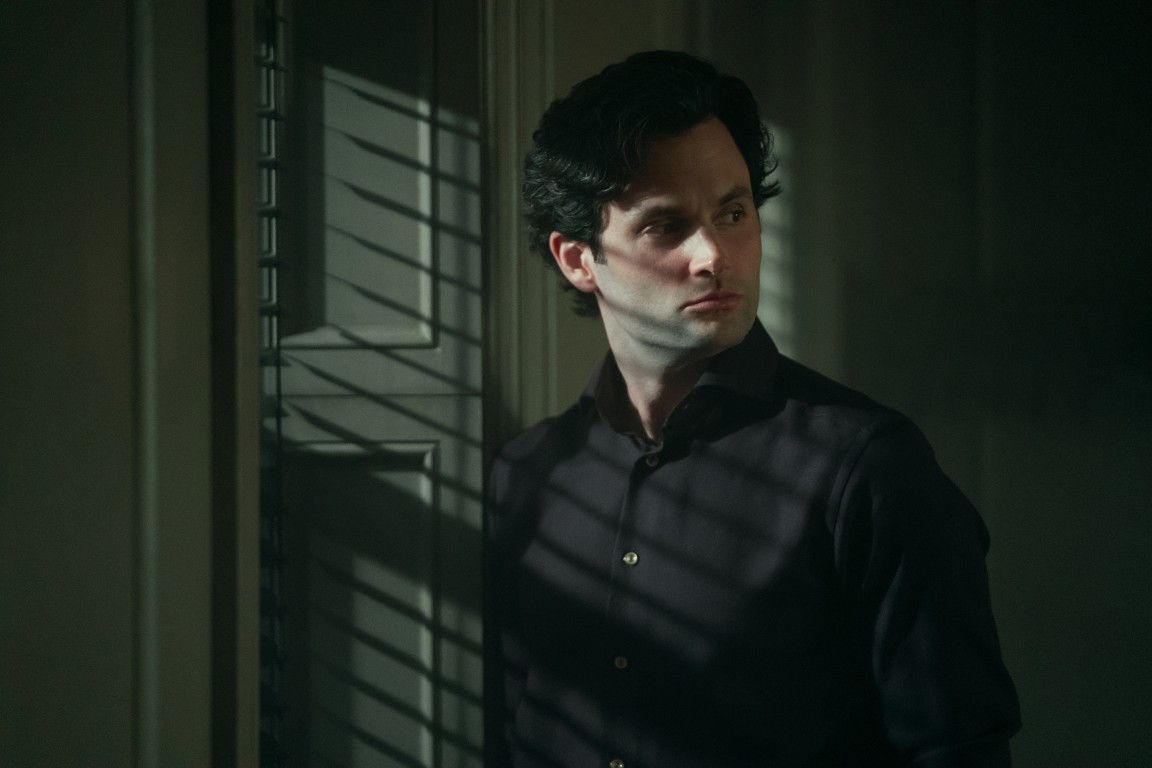
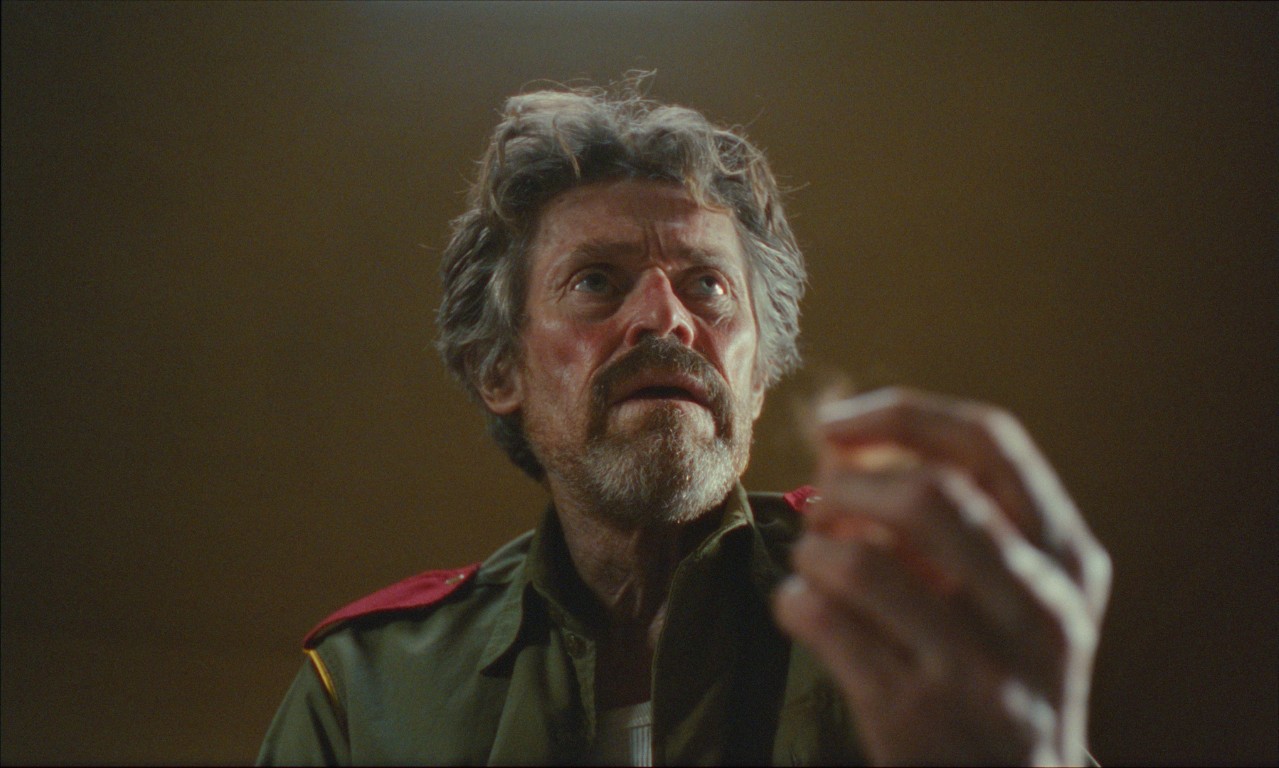
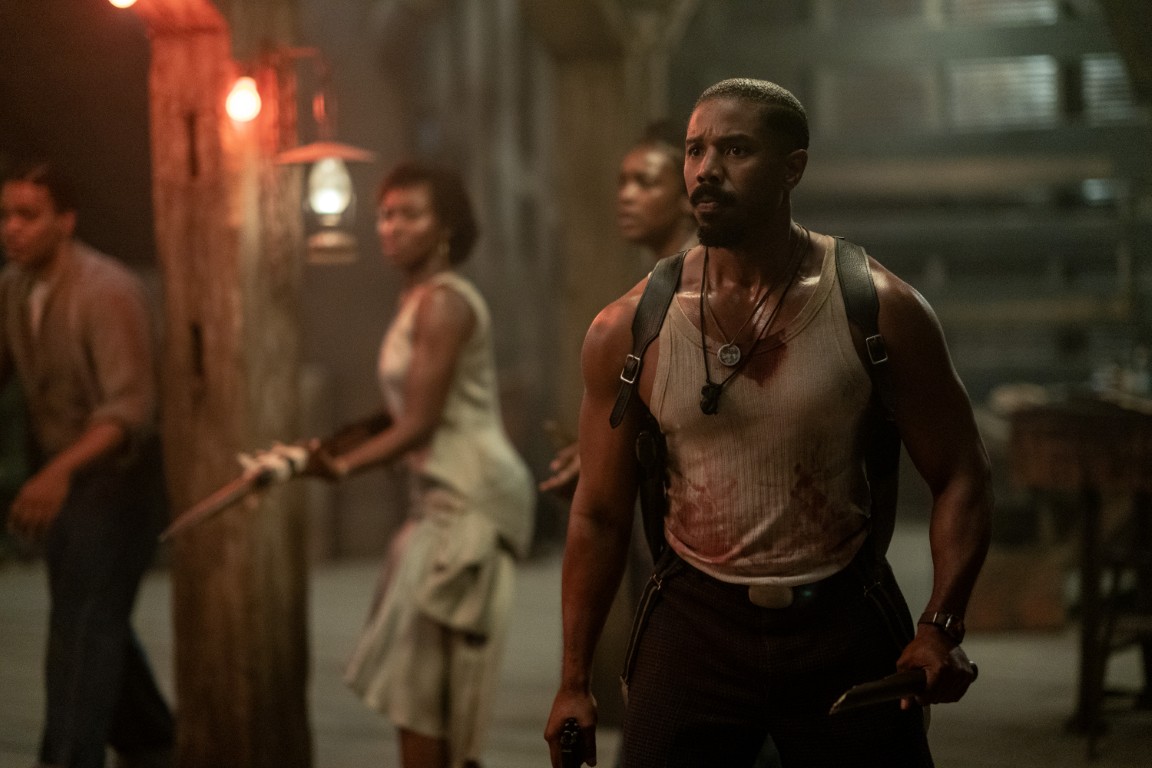






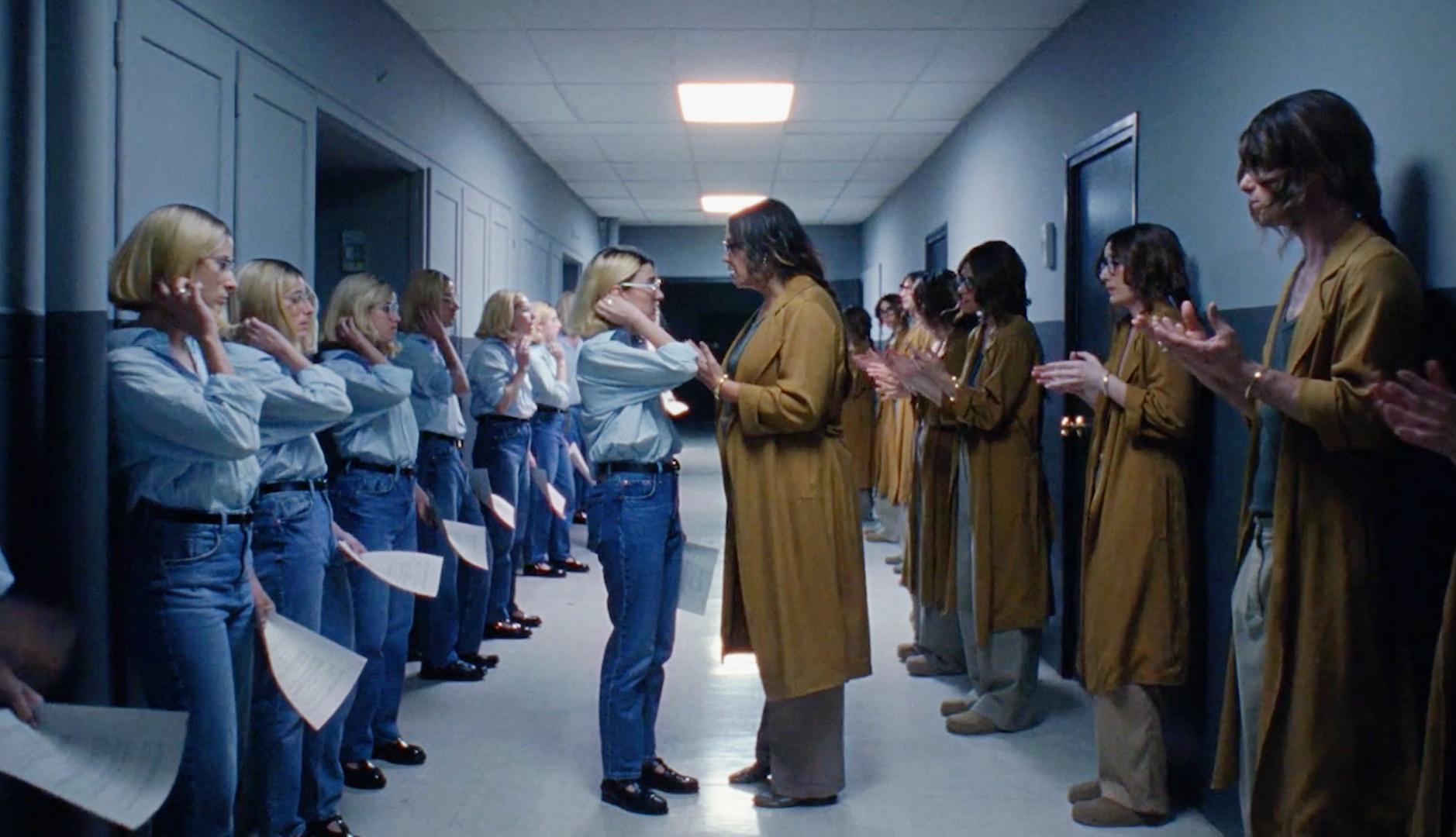
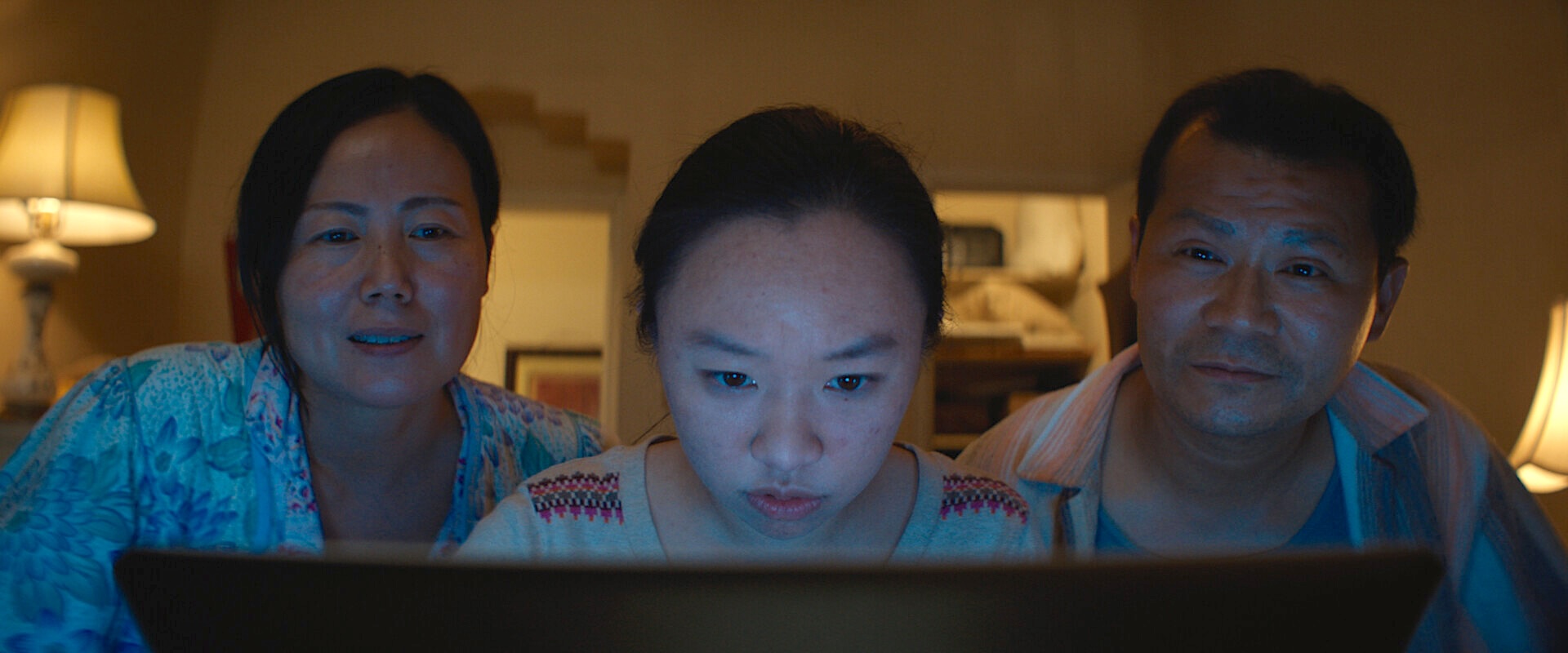
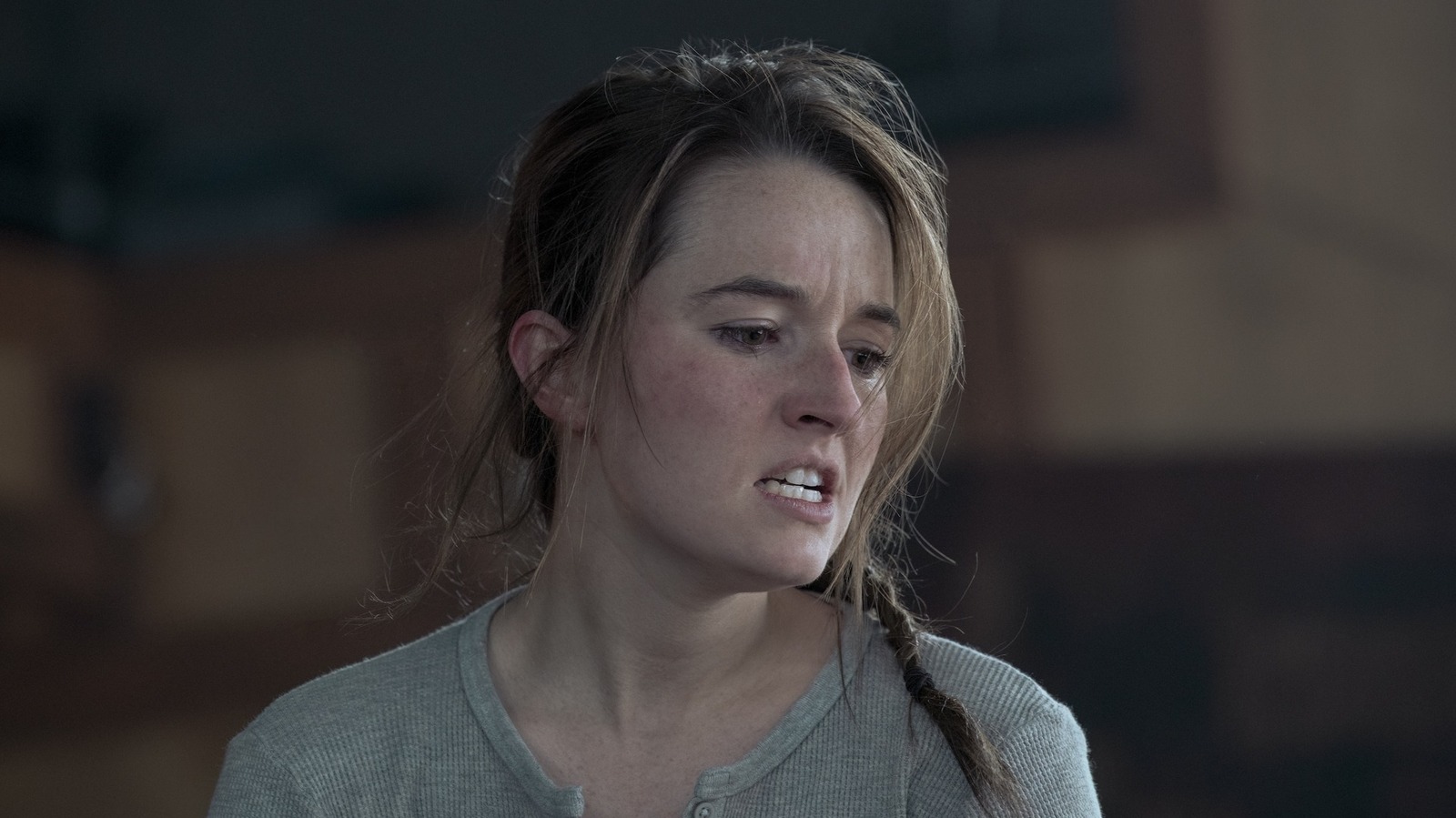
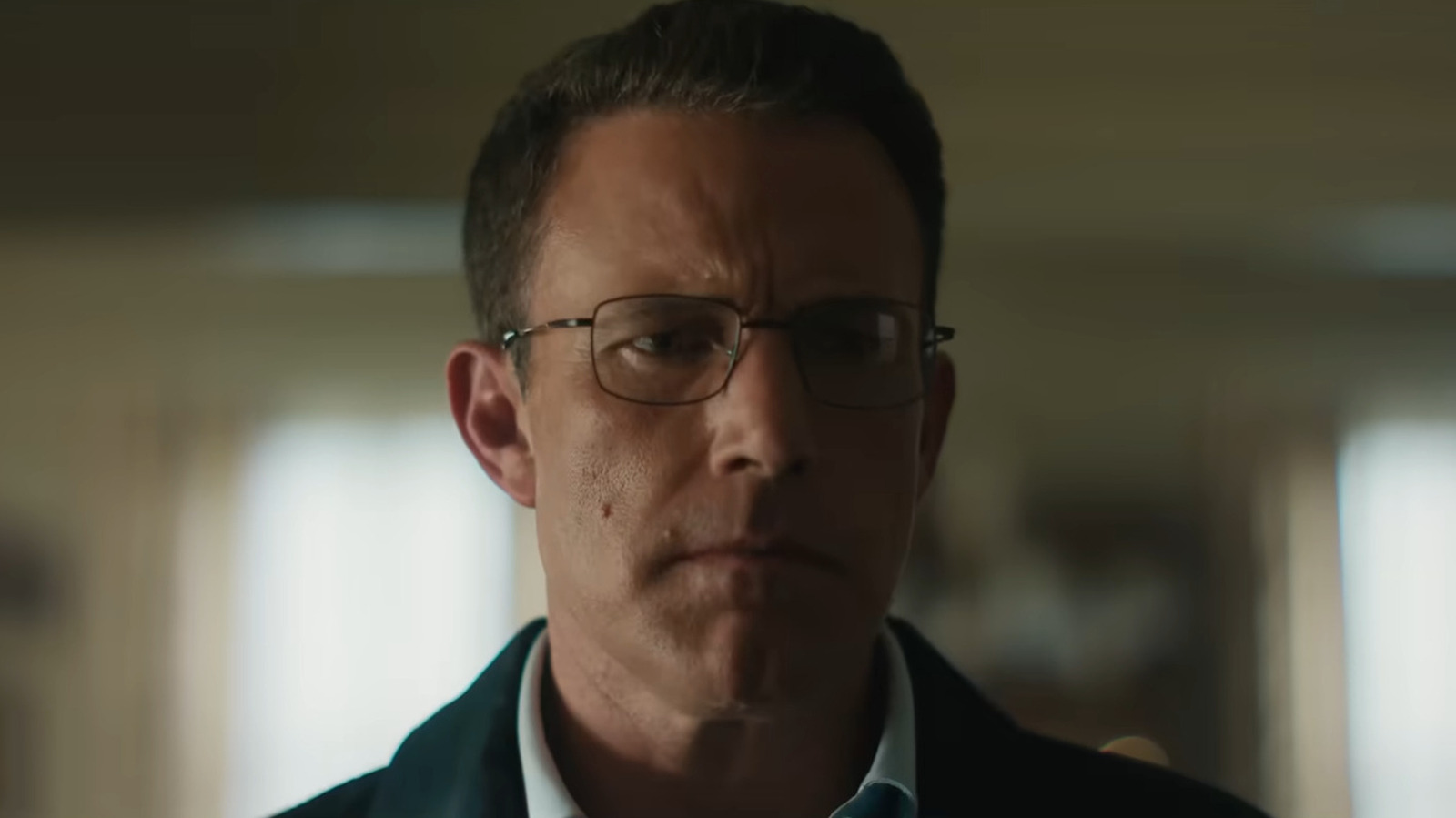

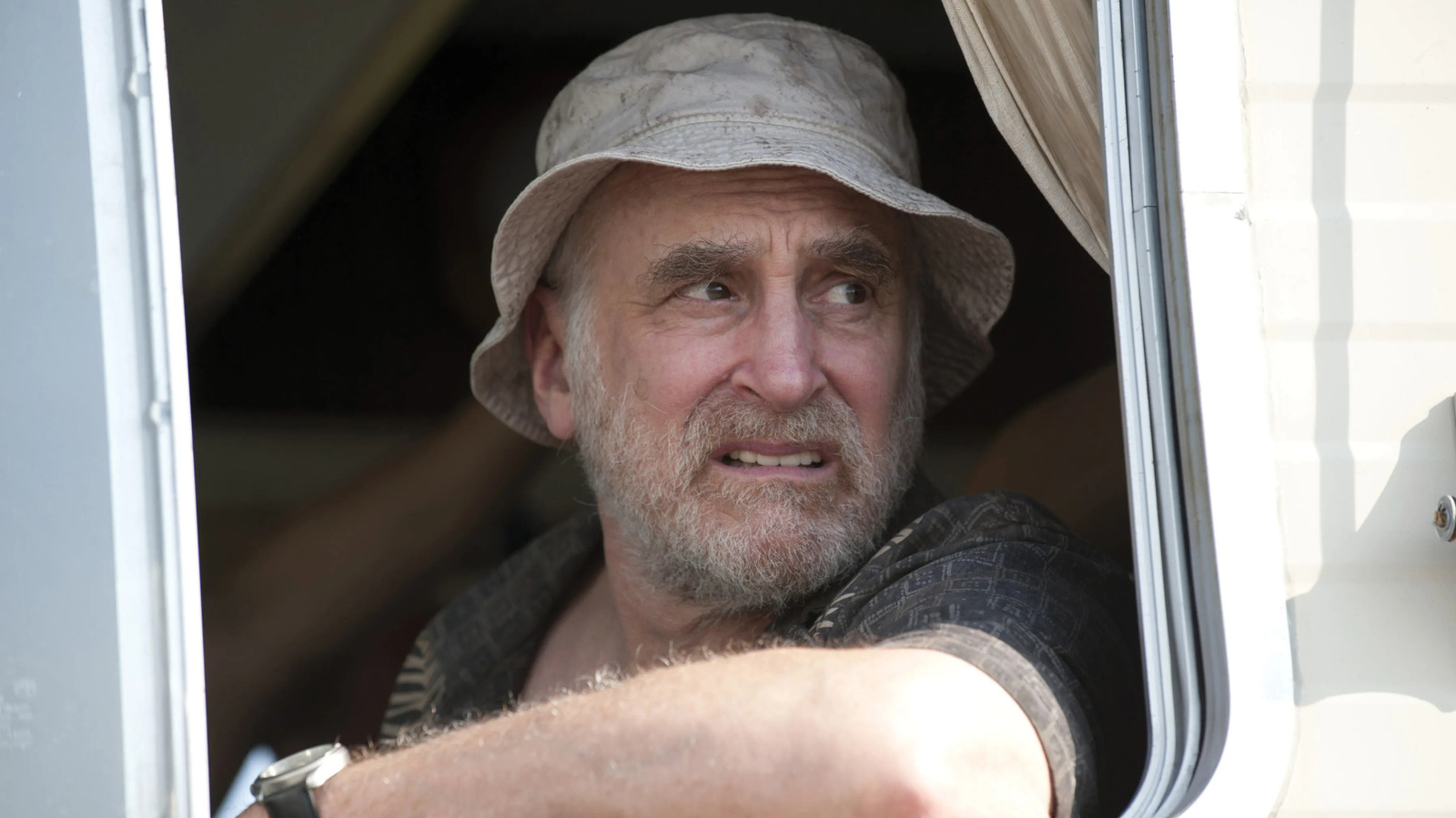

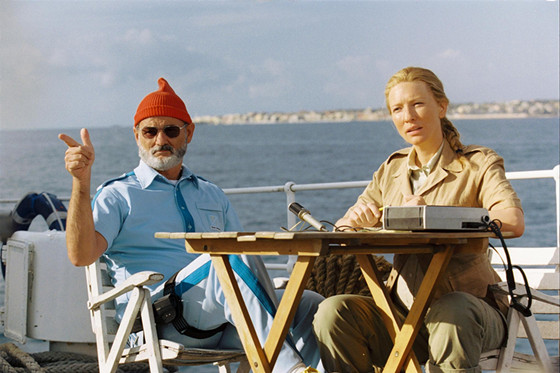


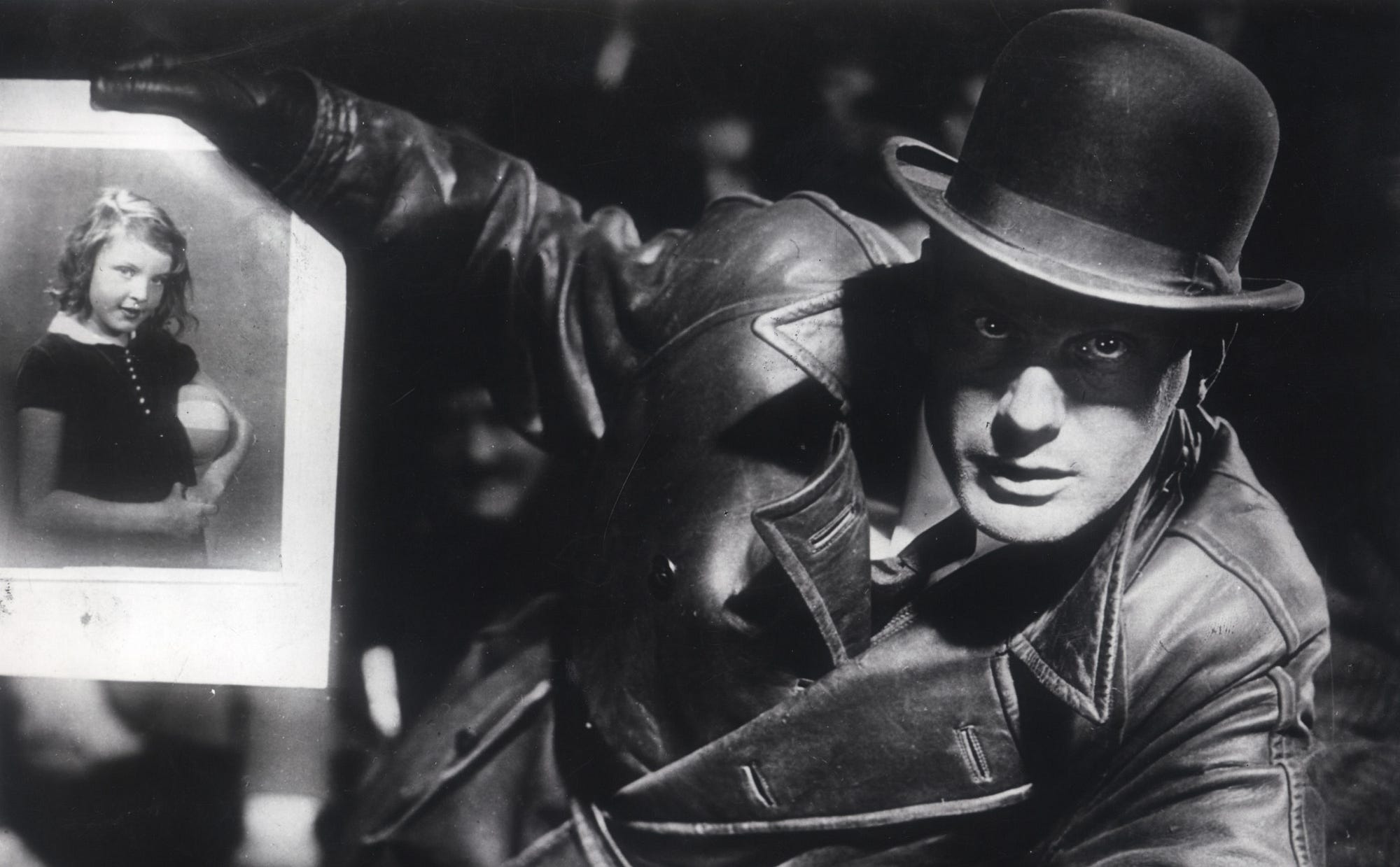

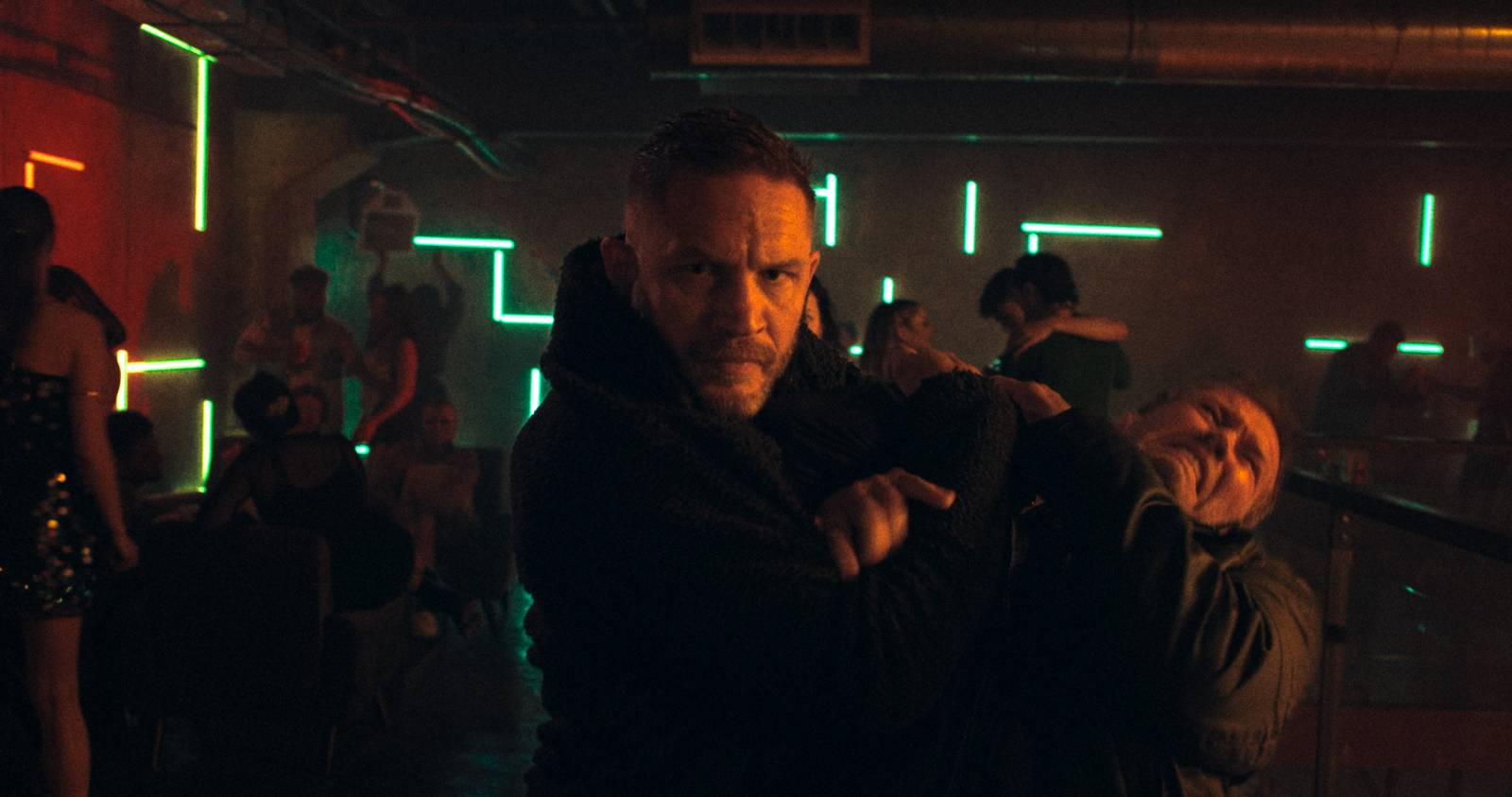





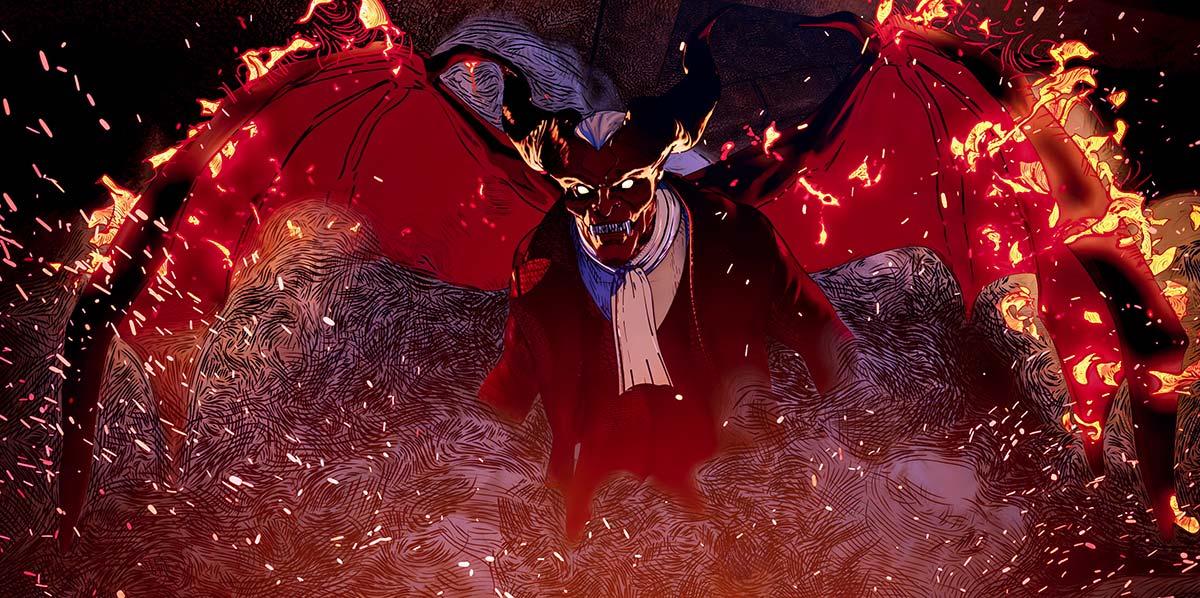
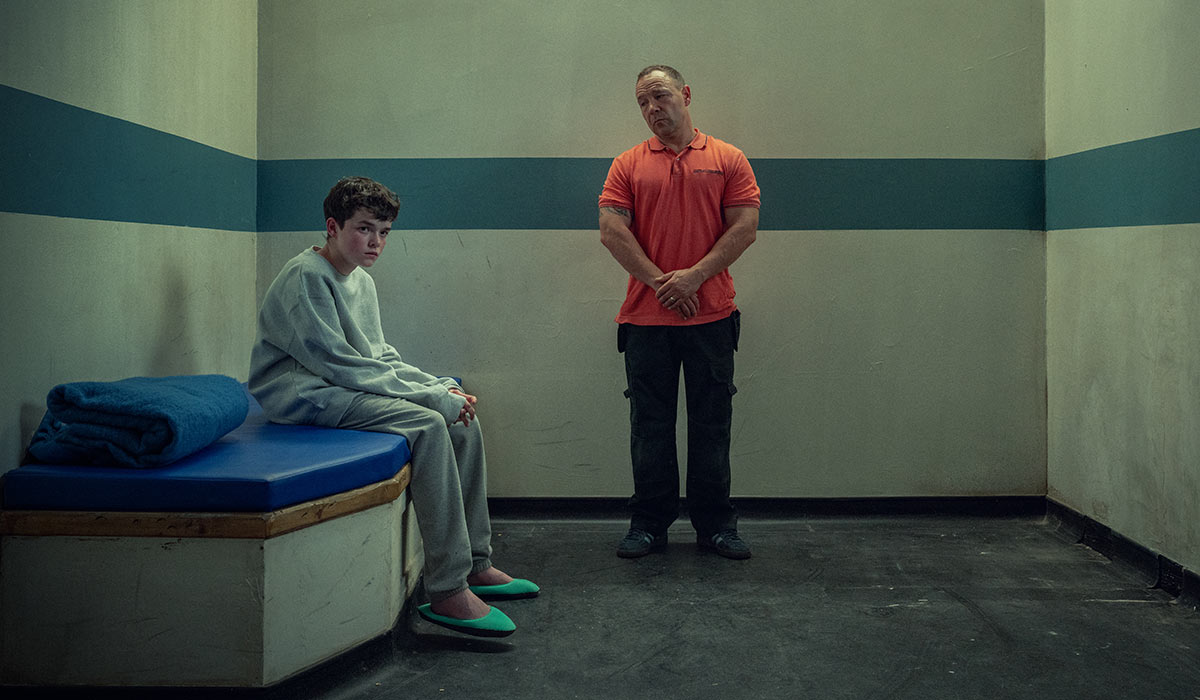


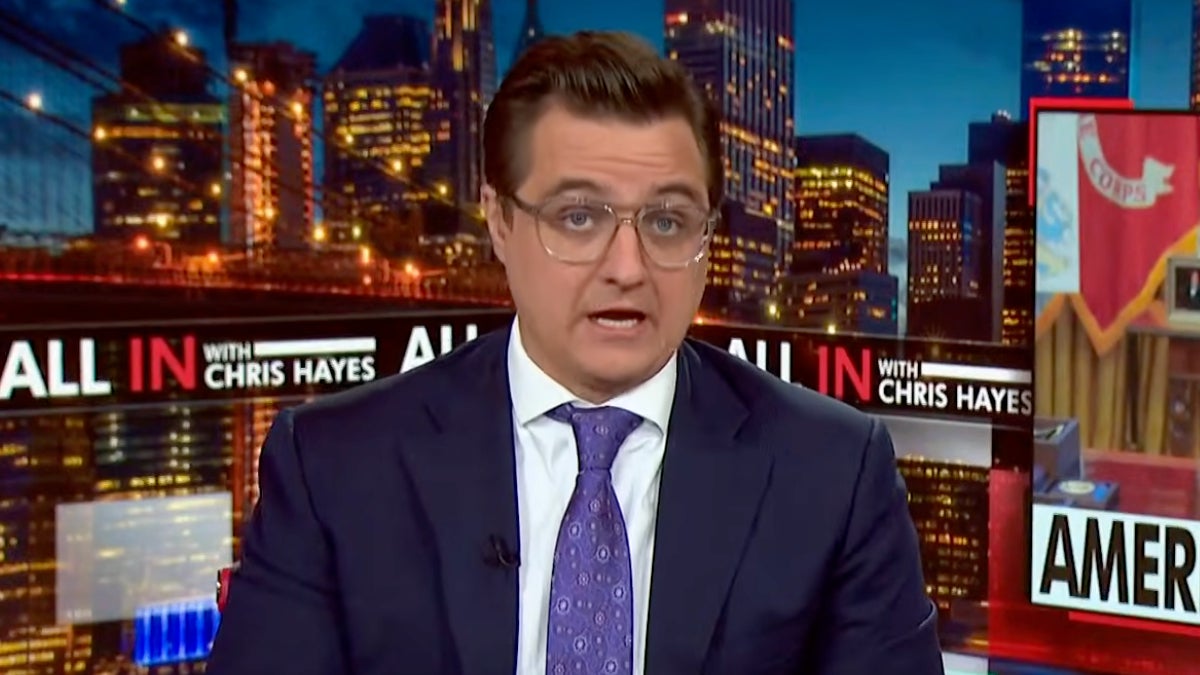


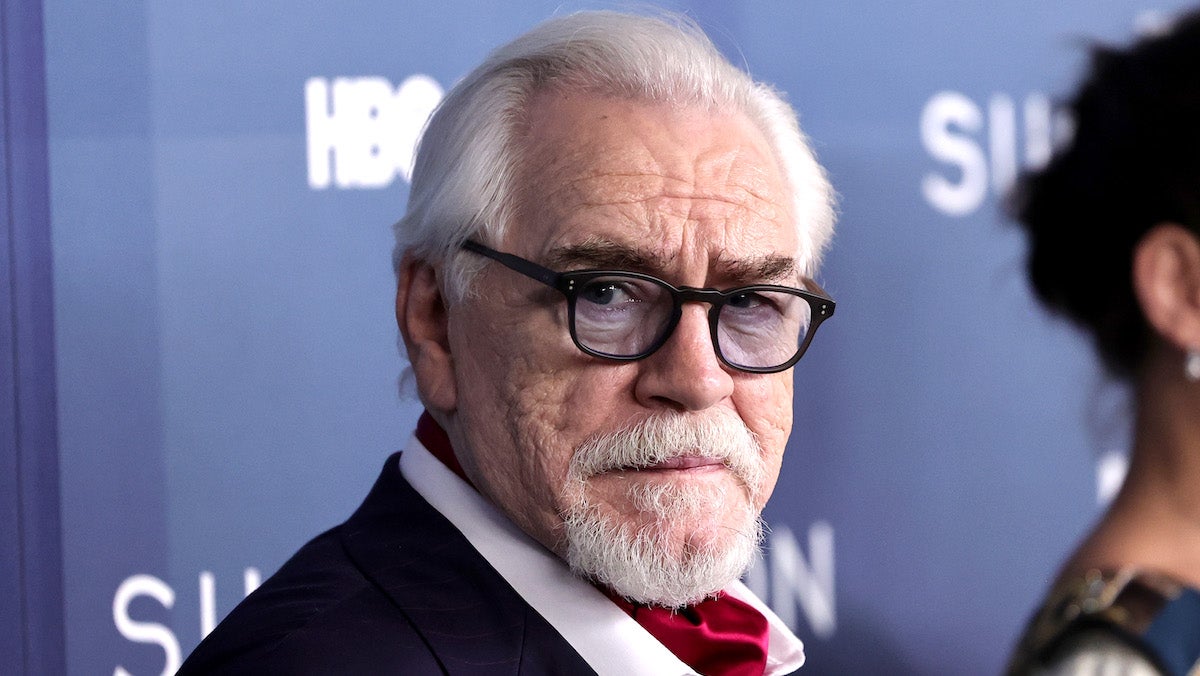























































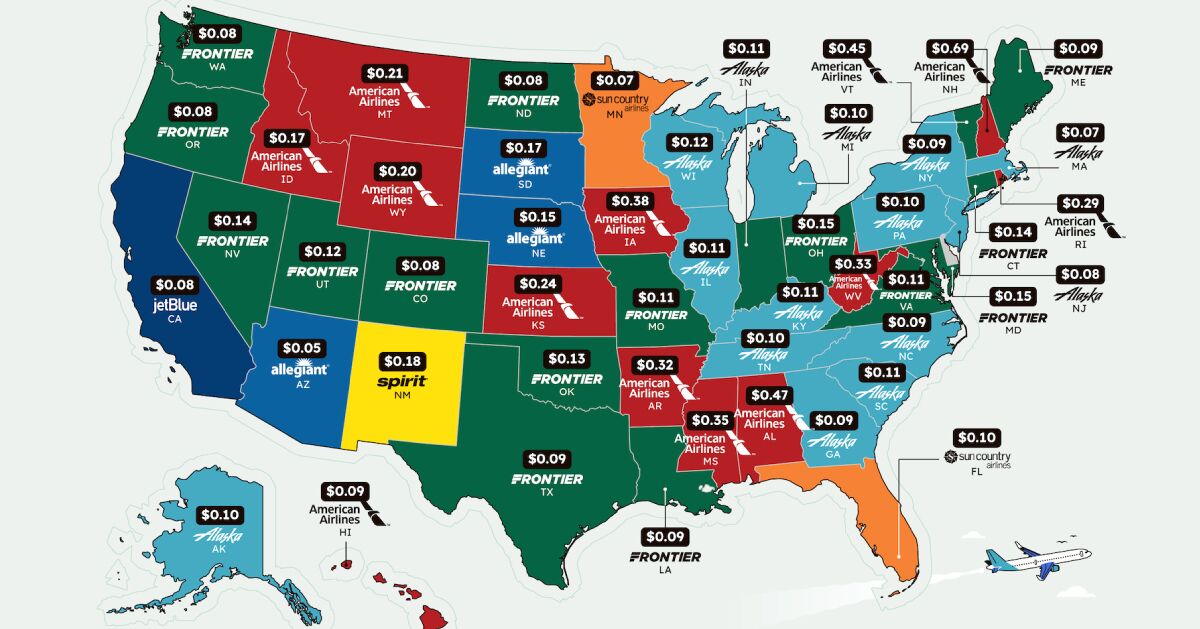





























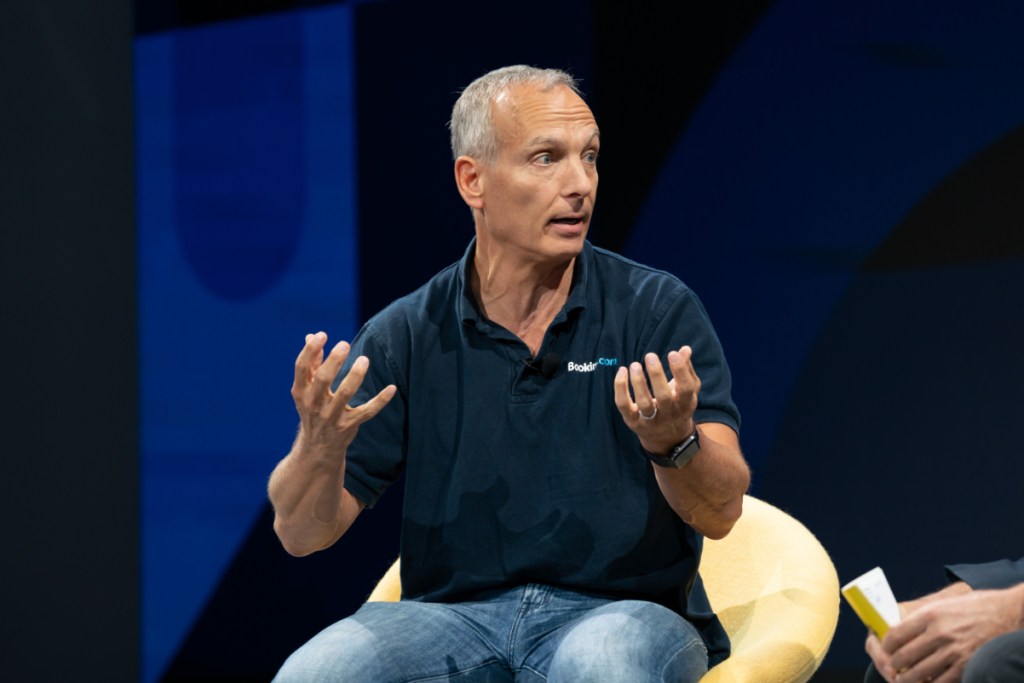















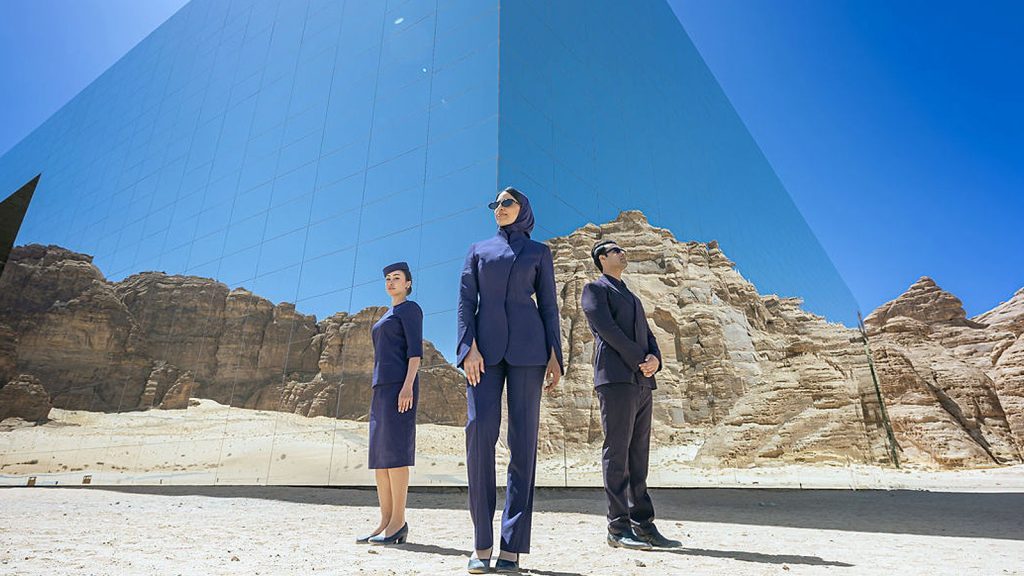







![Hotel Beds Outperform Your Master Bedroom for Better Sex—Here’s Why [Roundup]](https://viewfromthewing.com/wp-content/uploads/2025/04/burj-al-arab-bed.jpg?#)


































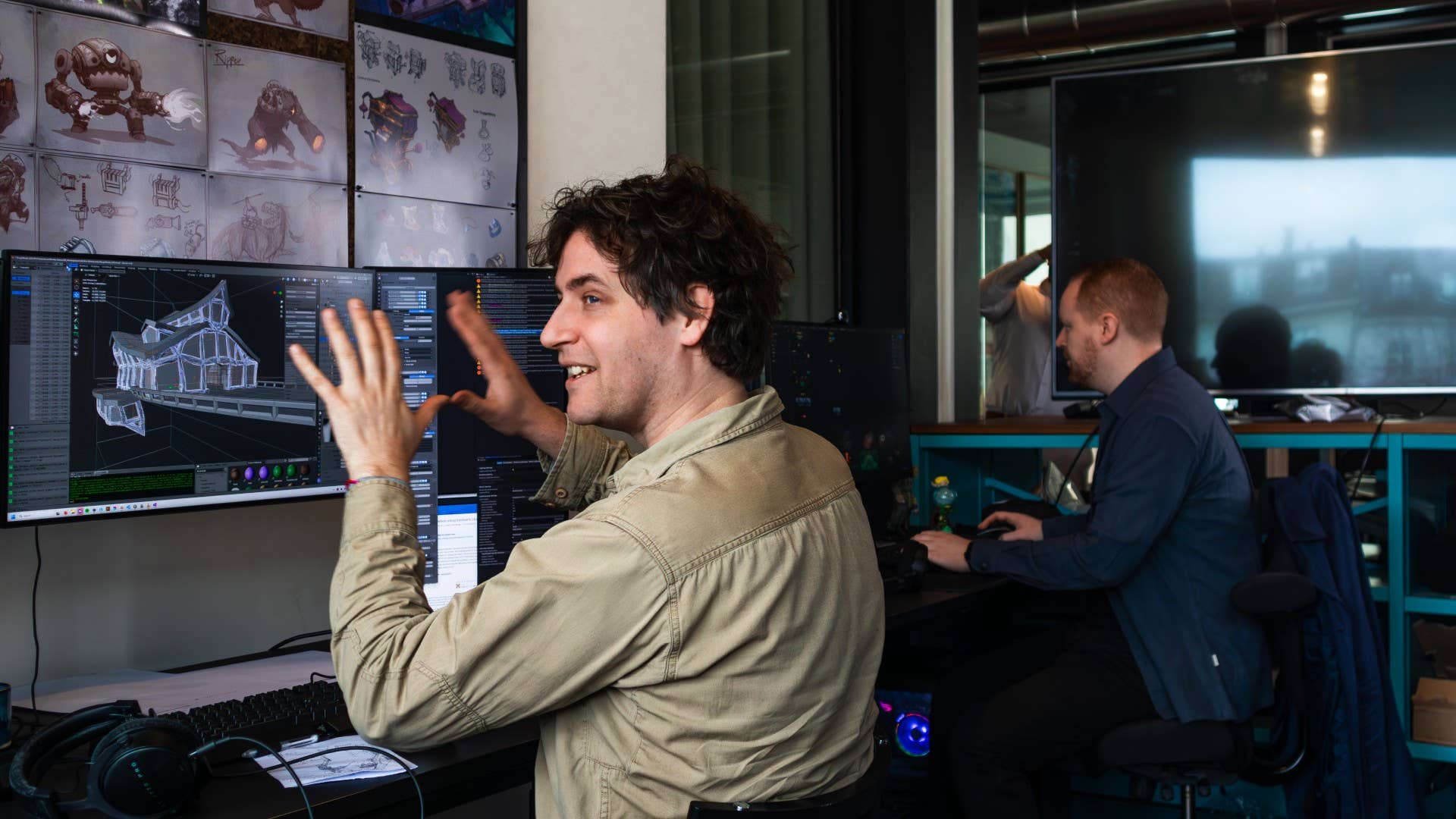

.jpg?#)










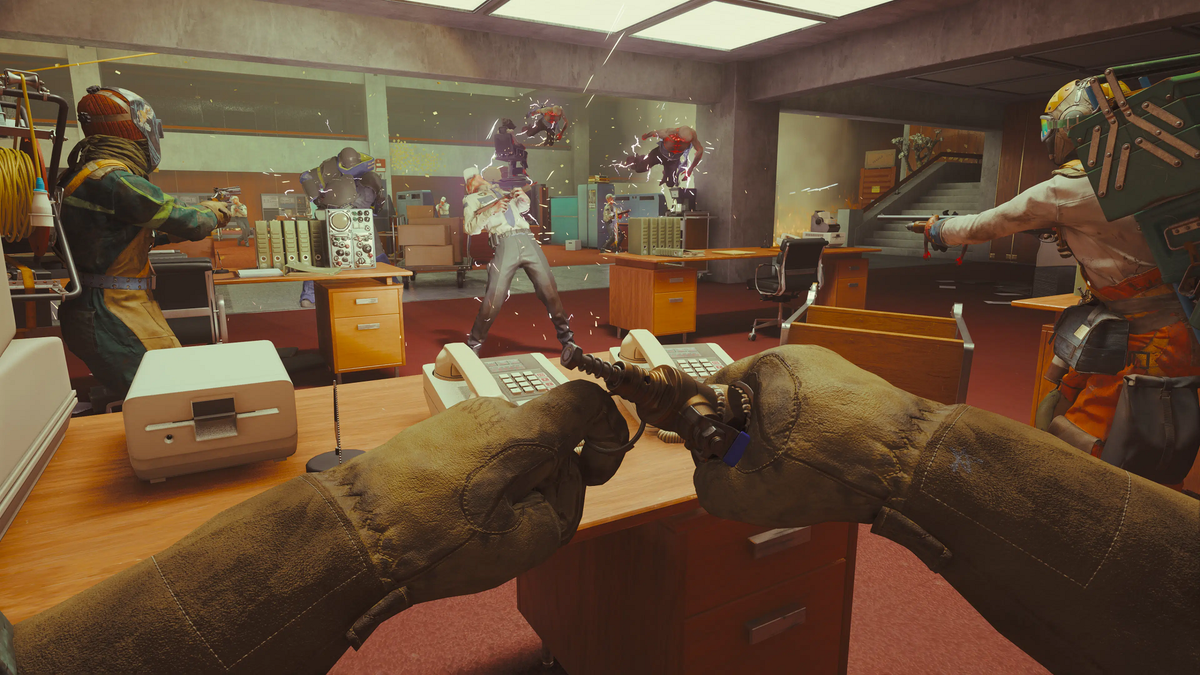








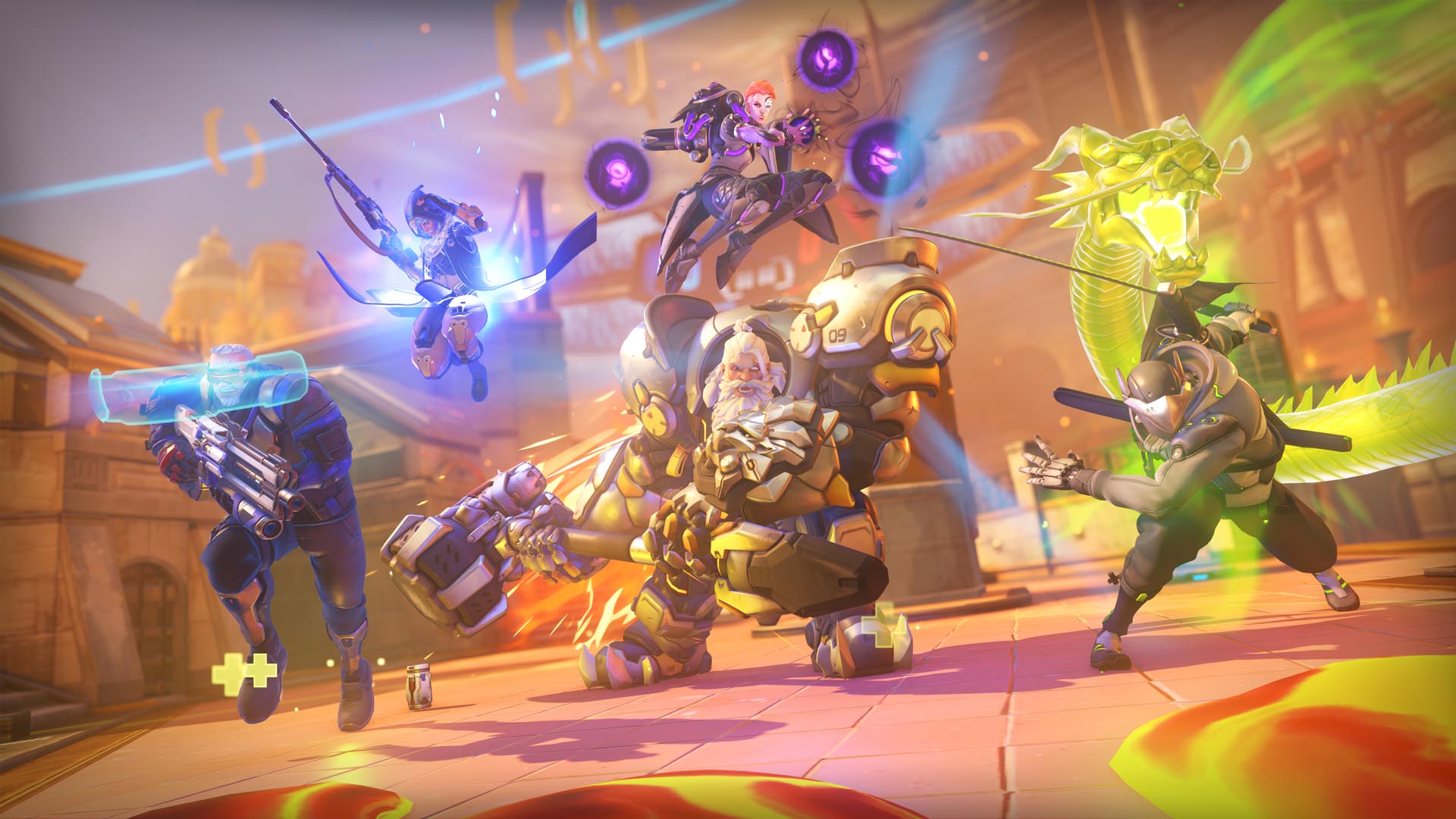




















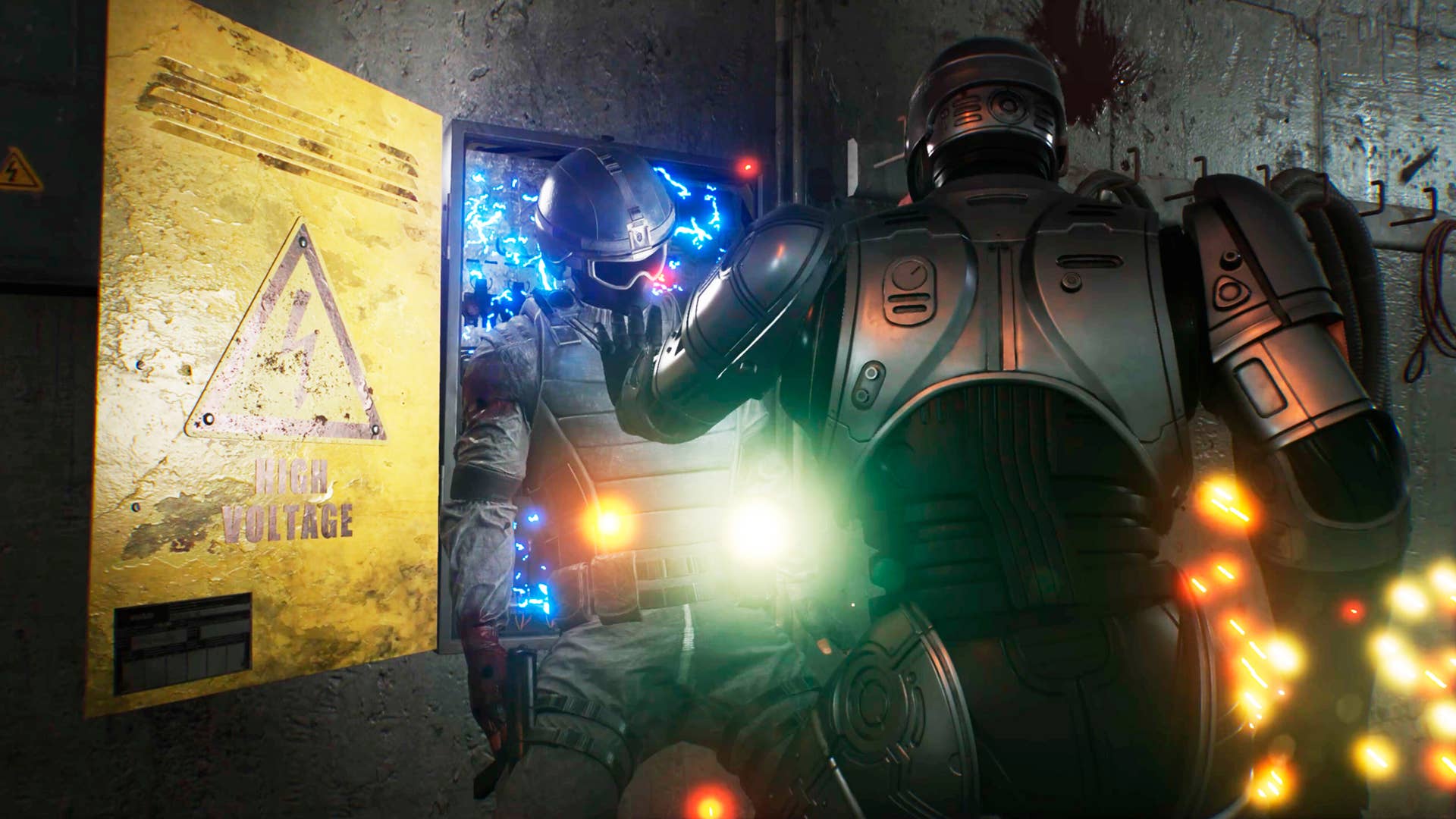
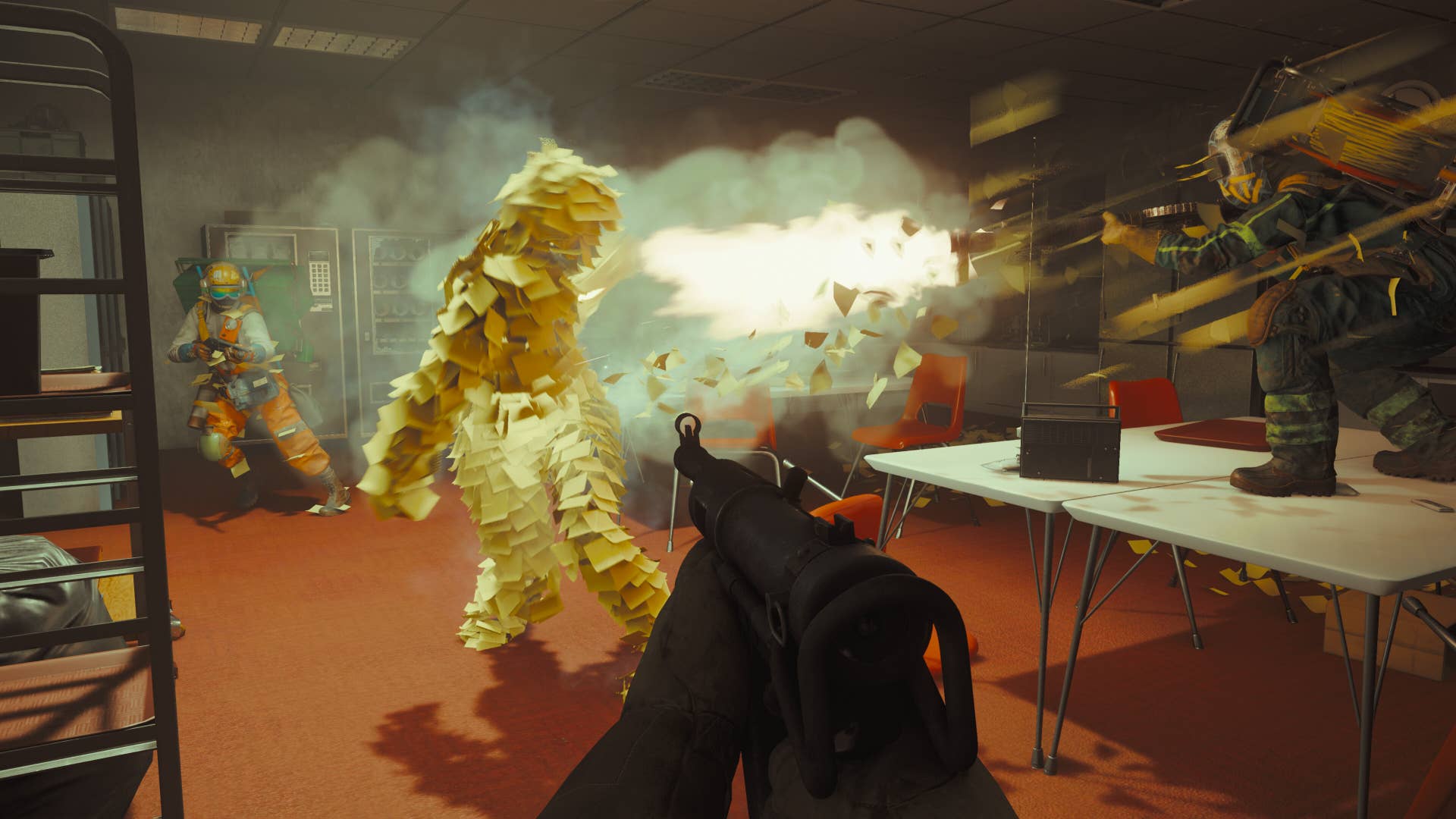






















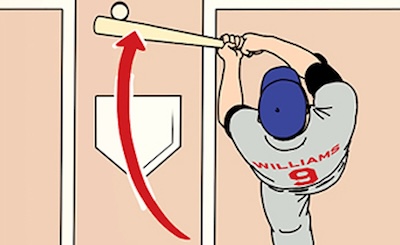











































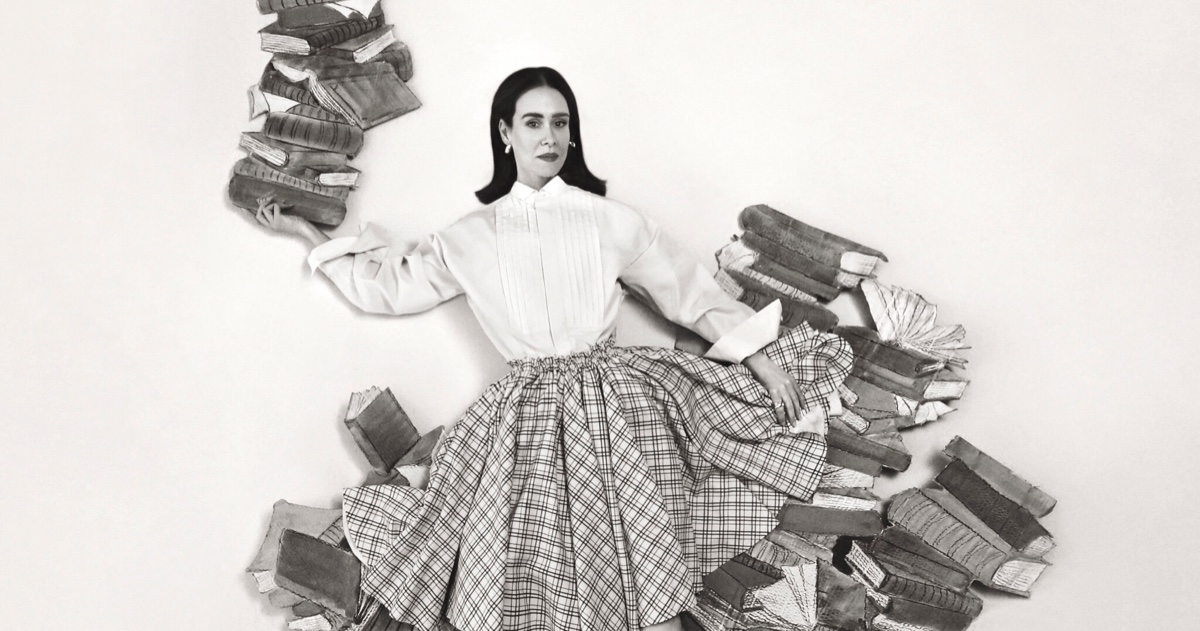






















![[Podcast] Unlocking Innovation: How Play & Creativity Drive Success with Melissa Dinwiddie](https://justcreative.com/wp-content/uploads/2025/04/melissa-dinwiddie-youtube.png)













